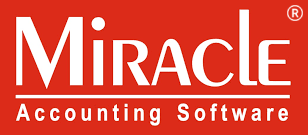What is E-invoice?
- Home
- miracleaccountingsoftware
- What is E-invoice?
About
Miracle Accounting software was started in 1998. Since 10 years we are amongst the top 10 accounting software providers in India. Initially, the company started the development of customized software and gradually shifted to different kinds of Packaged Accounting Software.
[mc4wp_form id="782"]


